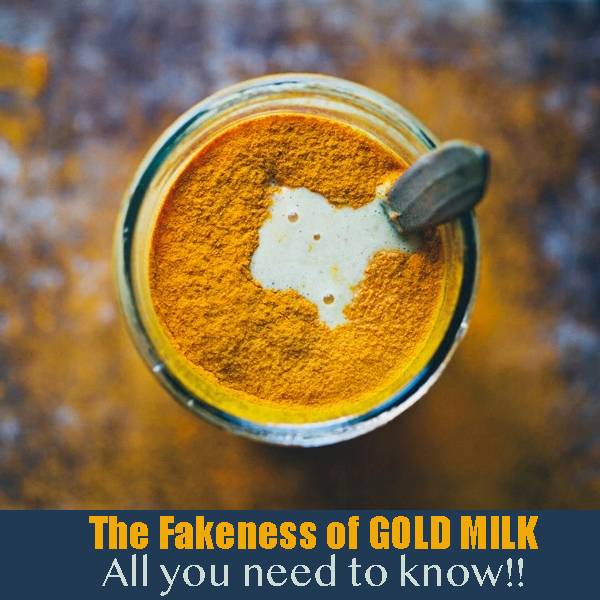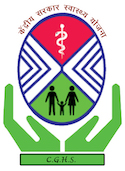How Effective is Ayurvedic Treatment for Asthma?
Asthma is a chronic respiratory disorder that affects the bronchi’s ability to inflate and deflate naturally. It results in wheezing, shortness of breath, chest tightness, coughing, or labored breathing. Bronchoconstriction is when the muscles around the airways tighten and narrow them. Proper ayurvedic treatment for asthma eliminates its root cause. Instead of only reducing symptoms with medications like steroids or bronchodilators which are the mainline treatment in allopathy. It does not address asthma as an independent symptom.
But studies on Ayurveda closely help to understand how it fits into various factors that could be at play in specific cases of asthma.
What are the side effects of Bronchodilators?
Long-term use of bronchodilators can have serious side effects. It increases the heart rate and blood pressure and may lead to arrhythmias, palpitations or sudden death.
Prolonged use of Beta 2 agonists can cause worsening of asthma symptoms. These are like –
- airway hyperresponsiveness (wheezing),
- cough,
- chest tightness,
- breathing difficulty during sleep (nocturnal asthma) etc.
This is because it tampers down the adrenal system. That produces cortisol which is responsible for anti-inflammatory response in situations when there’s a threat to life such as an asthmatic attack. Cortisol levels are known to be low in severe asthma cases and hence these patients are candidates for steroid treatment. However once using the steroid for prolonged periods, their cortisol levels drop even lower. And they are at a higher risk of serious side effects from Beta 2 agonists.
Risk-Free Ayurvedic Treatment for Asthma
To reduce the risk of these long-term side effects Ayurveda recommends using ayurvedic treatment methods to treat asthma. Which does not interfere with our endocrine system, unlike allopathic drugs. The ayurvedic approach is to find out what triggered or aggravated the condition in the first place and address that factor. Ayurveda believes this is necessary as asthmatics suffer from an imbalance. Imbalance in both Vata and pitta dosha which make up our body and mind respectively. If either of these doshas aggravates it triggers symptoms like-
- wheezing,
- shortness of breath,
- cough,
These according to Ayurveda are signs of poor functioning of the respiratory tract.
How does Ayurveda looks at Asthma
The ayurvedic diagnosis for asthma would be based on your doshas and what vikruti (imbalance) it is undergoing, using pulse point observation, urine examination, skin analysis or other diagnostic techniques Ayurveda uses to determine this.
Ayurvedic interventions aim at restoring balance in our body by treating the vikruti and removing the cause from where the disease originates such as digestive problems e.g., constipation, malabsorption, etc., hormonal imbalances, or allergies affecting our bronchi’s ability to function properly. Ayurveda identifies asthmatic symptoms as a pitta imbalance in both Kapha and Pitta dosha. The ayurvedic treatment for asthma would include herbs, diet, massage therapy, or other ayurvedic approaches to restore balance in our doshas.
Here is – All you need to know about asthma
Finally, Ayurveda treats each individual differently based on their unique constitution as a human being rather than apply the same formula to every person with asthma. For example, Ayurveda recommends certain foods for someone who has poor appetite while it may recommend something else for another patient. Similarly, Ayurveda recommends different ayurvedic treatments for asthmatics depending on what suits them the most given their own individualities. Hence Ayurveda uses personalized solutions and is effective in treating Asthma by removing its root cause rather than merely managing the symptoms.
What is the Ayurvedic approach for the treatment of Astham?
Ayurveda generally does not use ayurvedic treatment for Asthma in a pitta predominant individual. Instead, ayurvedic treatment relies on herbs, diet, and lifestyle changes to manage asthma symptoms. However ayurvedic treatments work in both the cases of- Pitta imbalance of Kapha imbalance.
Based on Ayurveda’s understanding of Asthma as being an imbalance of pittas, ayurvedic intervention focuses mainly on reducing pitta dosha by using ayurvedic herbal preparations. This pacifies pitta which aggravates due to various reasons such as stress, pollutants in our environment, poor food choices, etc.
What is the outcome of Ayurvedic Treatment of Asthma?
It is important to note that ayurvedic treatment of asthma takes place over a period of time and has observable outcomes rather than immediate relief. A detailed ayurvedic analysis of your constitution, lifestyle, and diet provides valuable information on how Ayurveda can help. You manage your asthmatic symptoms using proven ayurvedic treatments that could improve your overall health condition. Along with this reduces the level of medication required, leading to decreased or complete withdrawal from steroidal drugs. This would ultimately be safe for you in the long run as well as cost-effective.
Conclusion
The ayurvedic approach looks at each person individually based on their own unique constitution in order to identify factors that may have triggered asthmatic attacks in the past or might trigger it in the future. By treating the cause of Asthma Ayurveda can help you live a normal life free from ayurvedic treatments for asthma symptoms without any need to rely on ayurvedic treatment of asthma medication or ayurvedic treatment for asthma cost.















1 comment
Comments are closed.